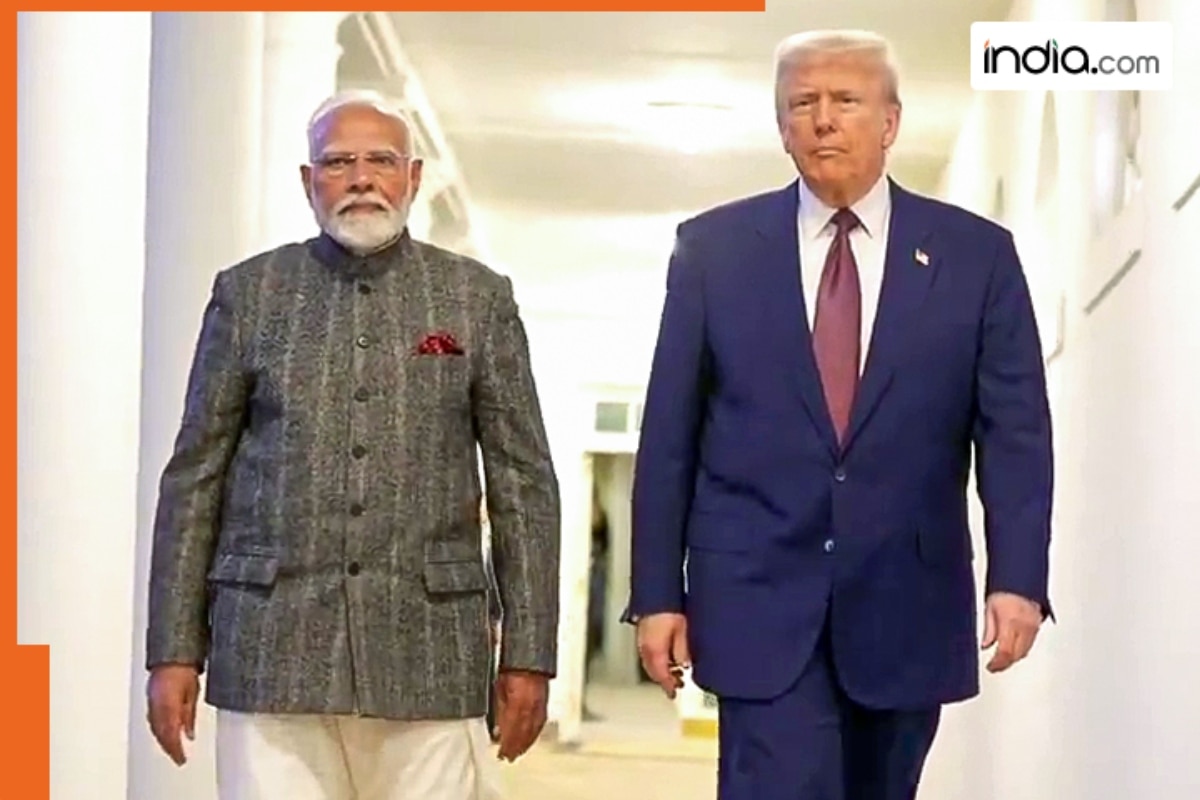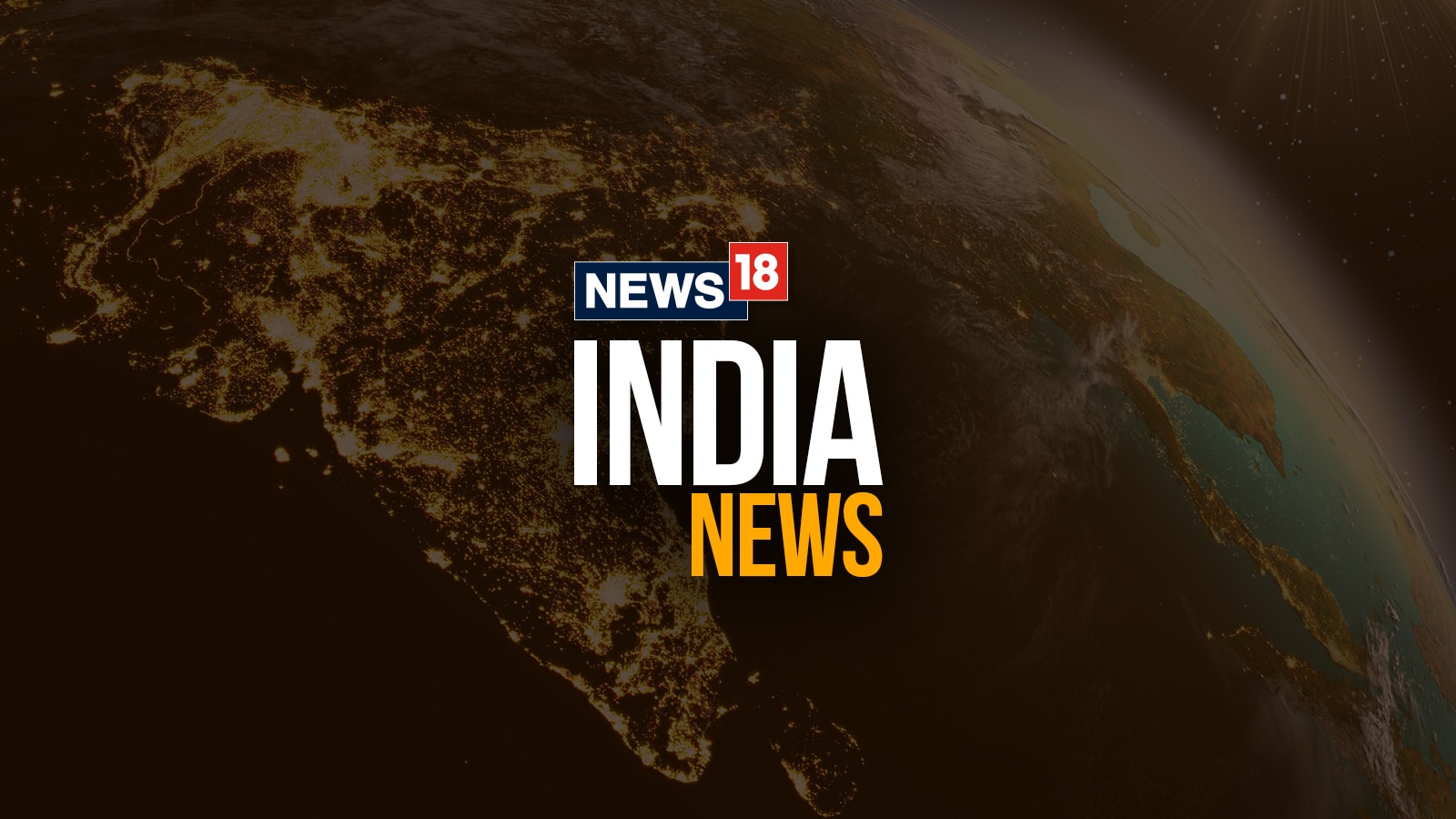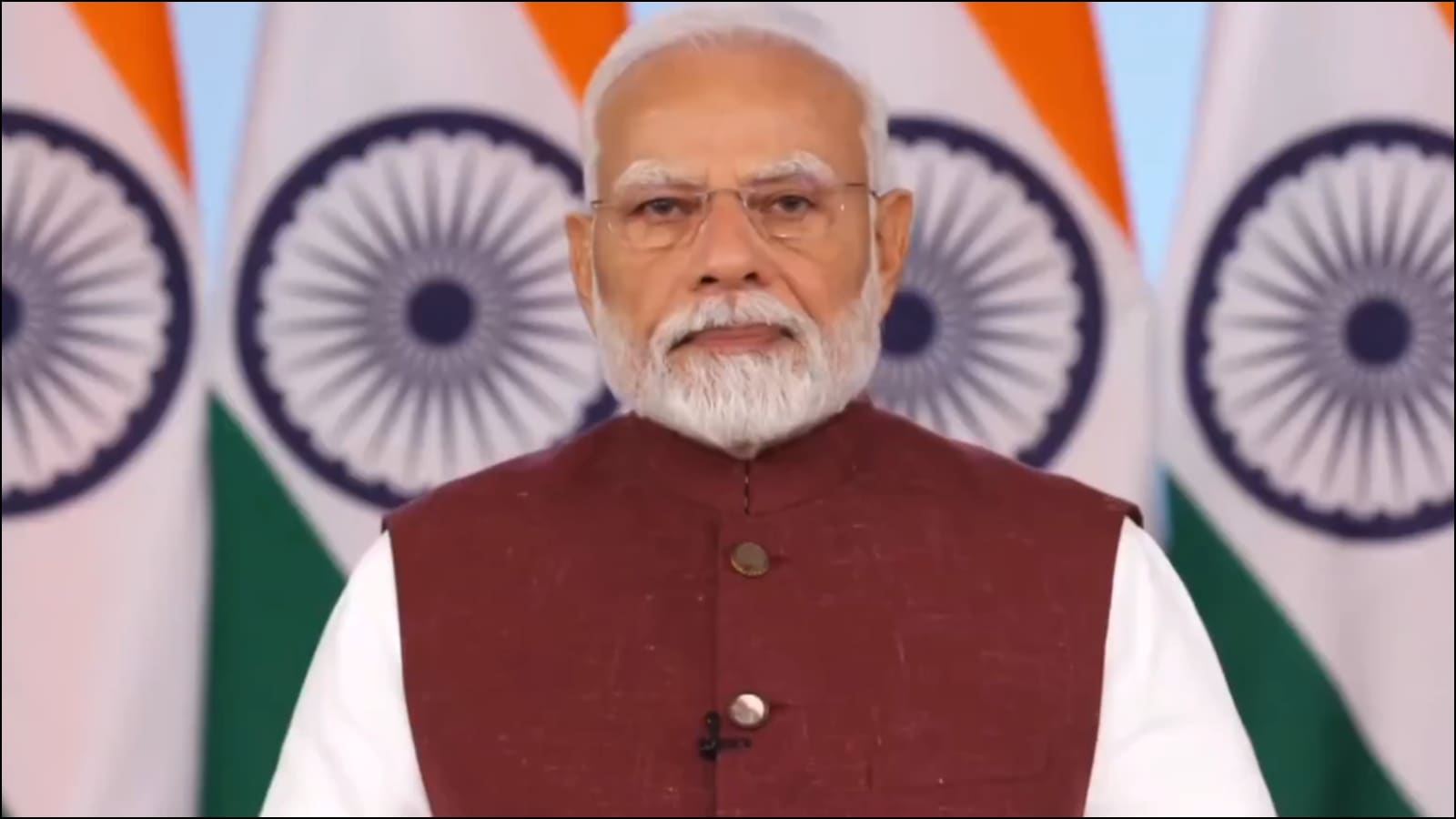Four days ago, the Supreme Court upheld the TikTok ban. Even before that decision was issued, President Biden announced that he would not enforce the policy for the final 36 hours of his presidency. Yet, for a short while, TikTok went dark. And then TikTok turned on again, in anticipation of Trump's inauguration. On his first day in office, Trump signed an executive order concerning TikTok.
The order echoes President-Elect Trump's amicus brief. Trump asserts that the law impinges on his authority over national security:
"I have the unique constitutional responsibility for the national security of the United States, the conduct of foreign policy, and other vital executive functions. To fulfill those responsibilities, I intend to consult with my advisors, including the heads of relevant departments and agencies on the national security concerns posed by TikTok, and to pursue a resolution that protects national security while saving a platform used by 170 million Americans. My Administration must also review sensitive intelligence related to those concerns and evaluate the sufficiency of mitigation measures TikTok has taken to date."
Like in the brief, Trump refers to the timing of the statute as "unfortunate." This timing was no accident. Congress intended this decision to fall to President Biden.
Trump doesn't quite say that the statute is unconstitutional. There is no basis, then for an Article II override. Rather, this seems to be purely an act of prosecutorial discretion. But it is more than that. Trump promises that no future penalties will be imposed on companies that work with TikTok.
In theory at least, the next administration could choose to bring an action within the statute of limitations. But that is unlikely. What makes this more unlikely is that the Attorney General must issue a non-enforcement letter:
As a coda to signing the order, President Trump announced one possible deal:
The order, one of Mr. Trump's first acts after taking office, instructs the attorney general not to take any action to enforce the law so that his administration has "an opportunity to determine the appropriate course forward." The order is retroactive to Sunday. As he signed the order, Mr. Trump told reporters that "the U.S. should be entitled to get half of TikTok" if a deal for the app is reached, without going into detail. He said he thought TikTok could be worth a trillion dollars. The order could immediately face legal challenges, including over whether a president has the power to halt enforcement of a federal law. Companies subject to the law, which forbids providing services to Chinese-owned TikTok, may determine that the order does not provide a shield from legal liability.
Trump said: "If I do the deal for the United States, I think we should get half."
After Trump filed his brief, I wrote:
After nearly a decade, I think people still do not understand Trump. He doesn't play like everyone else does, and that is what infuriates people. When he says something that people deem outlandish, it is merely an opening bid, not the final offer. I think he views this case like he views just about everything else--as a deal to be made.





